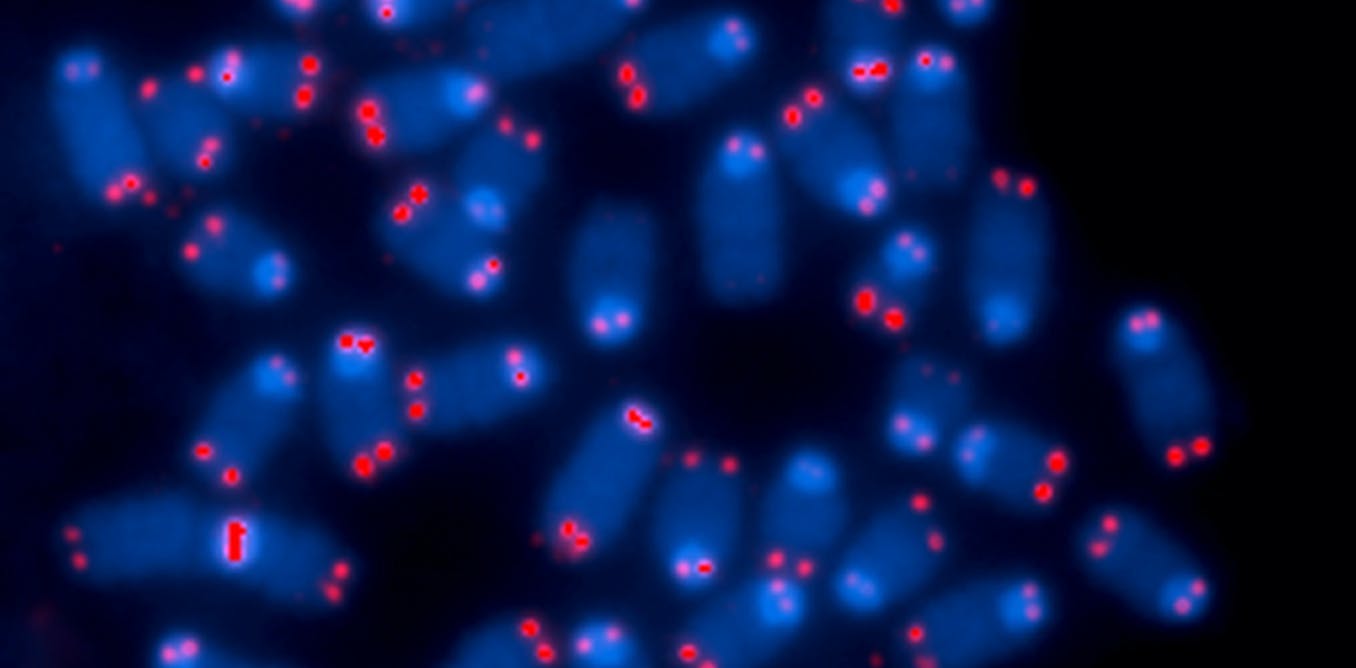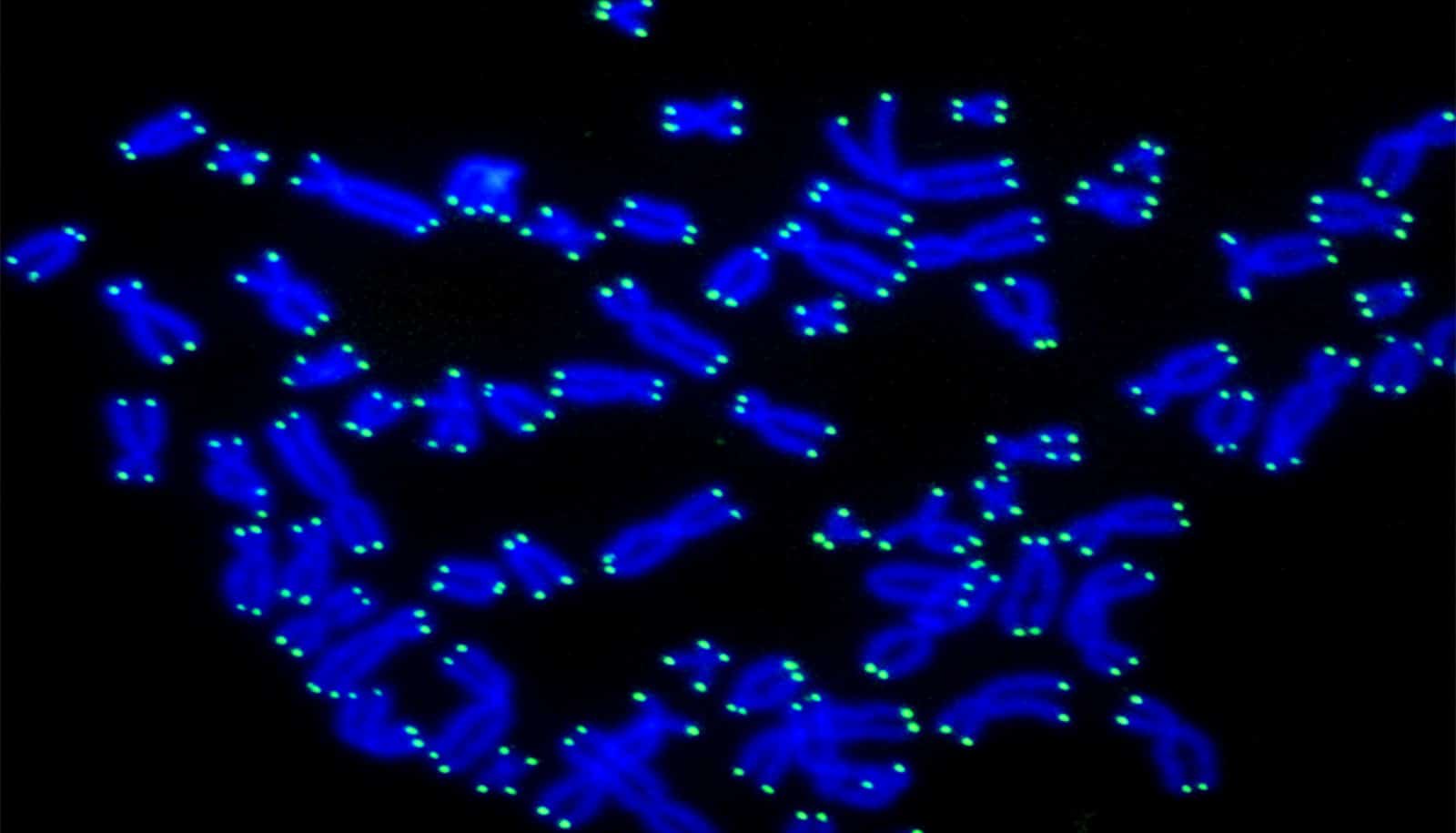Even short trips to space can change an astronaut’s biology − a new set of studies offers the most comprehensive look at spaceflight health since NASA’s Twins Study
A set of papers published in Nature contain groundbreaking research into how even quick jaunts to space can affect an astronaut’s health.
July 3, 2024 • ~9 min







